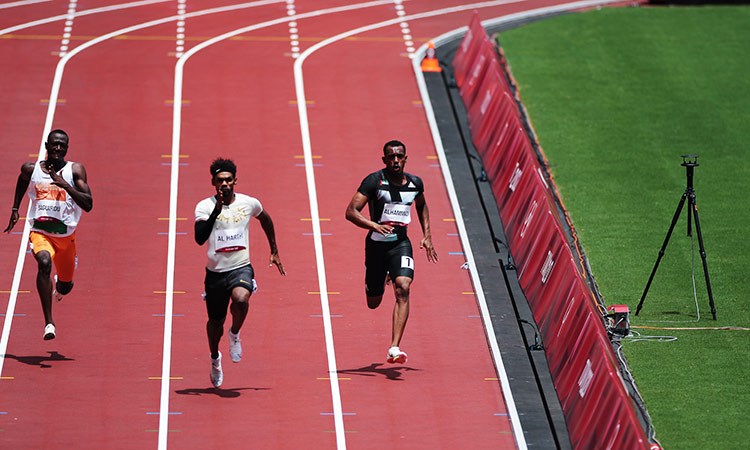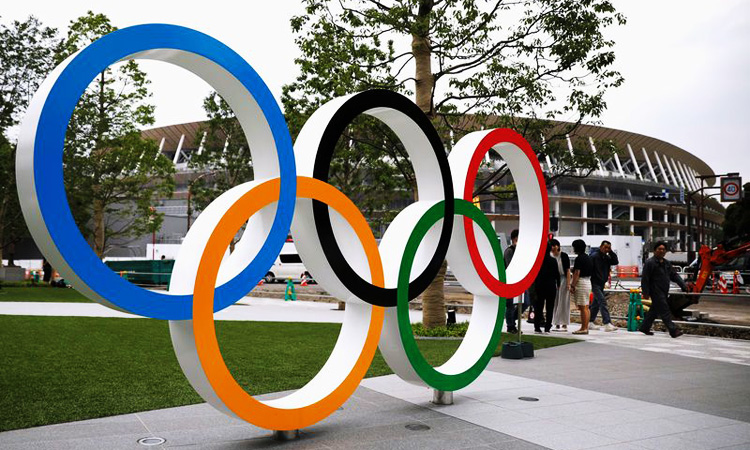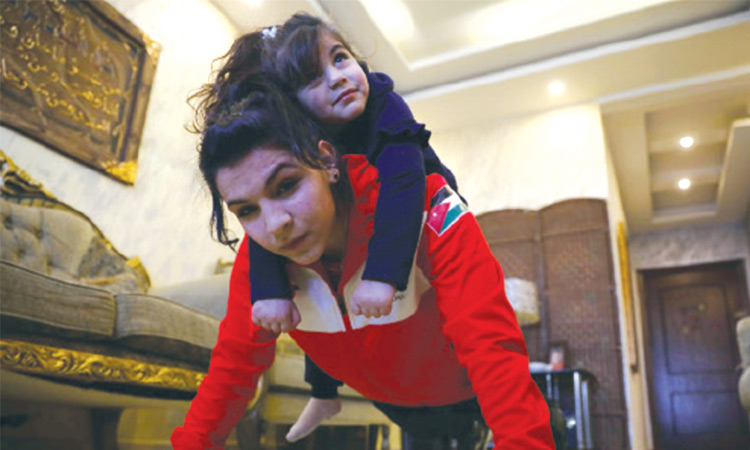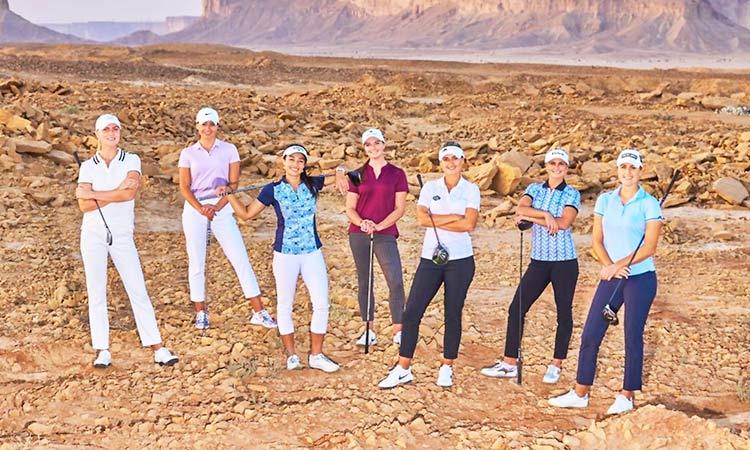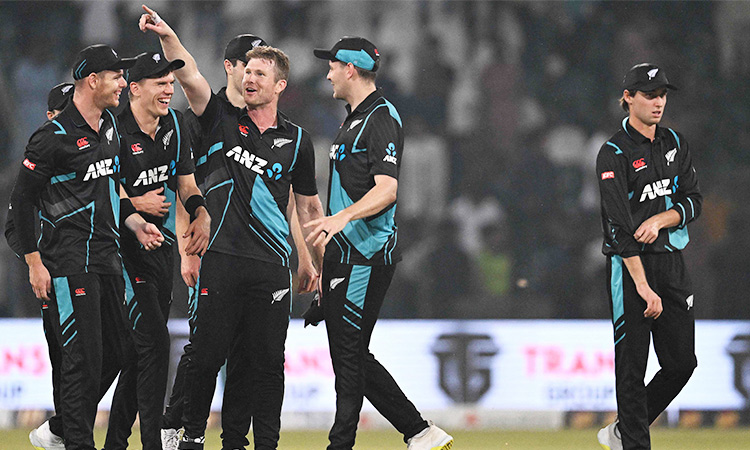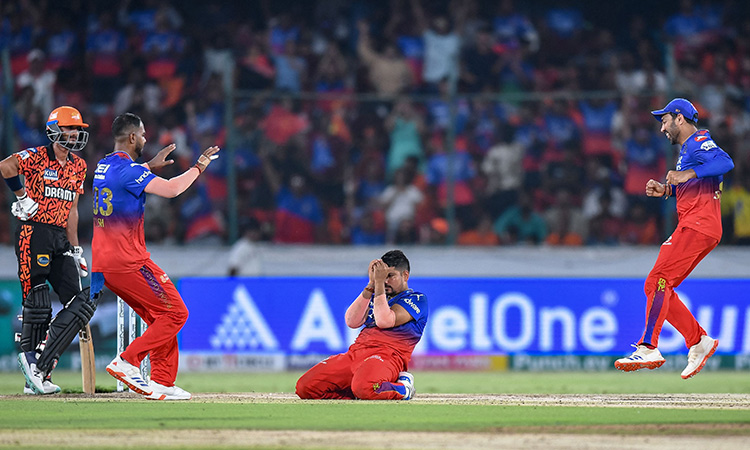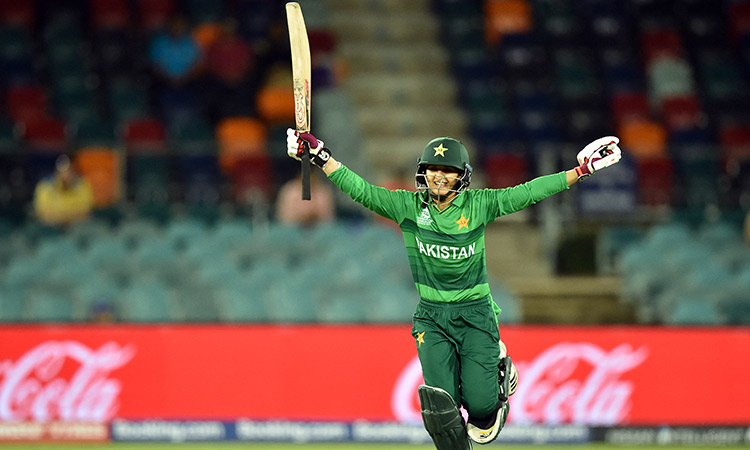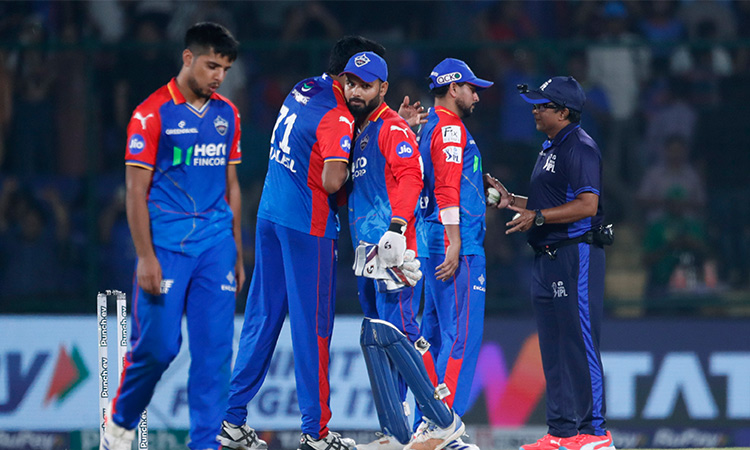Japan businessman paid $8.2m by Tokyo 2020 bid lobbied figure at centre of French corruption probe
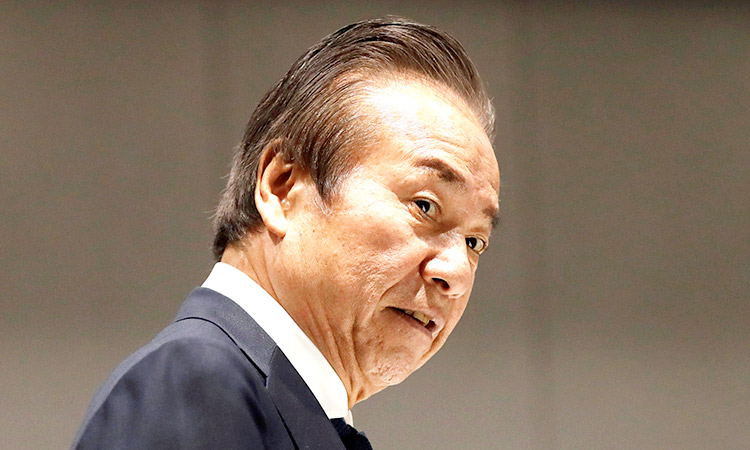
Haruyuki Takahashi arrives at a Tokyo 2020 executive board meeting in Tokyo on Monday. Reuters
Haruyuki Takahashi, the Tokyo Organising Committee of the Olympic and Paralympic Games Tokyo 2020 Executive Board member, and a former executive at the advertising agency Dentsu Inc, was paid $8.2 million (6.66 million pounds) by the committee that spearheaded Tokyo’s bid for the 2020 Games, according to financial records reviewed by Reuters.
Takahashi said his work included lobbying International Olympic Committee members like Lamine Diack, the ex-Olympics powerbroker, and that he gave Diack gifts, including digital cameras and a Seiko watch.
“They’re cheap,” he said.
The payments made Takahashi the single largest recipient of money from the Tokyo bid committee, which was mostly funded by Japanese companies. After his involvement in Tokyo’s successful campaign, Takahashi was named to the board of the Tokyo 2020 organising committee, a group tasked with running the summer Games after it was awarded to Japan.
Takahashi acknowledged receiving the payments but declined to give a full accounting of how he used the money. He said he urged Diack to support the Tokyo bid and denied any impropriety in those dealings. He said it was normal to provide gifts as a way of currying good relations with important officials like Diack. He said there was nothing improper with the payments he received or with the way he used the money.
“You don’t go empty-handed. That’s common sense,” Takahashi told Reuters, referring to the gifts he gave Diack.
Banking records from the Tokyo 2020 bid committee, which were examined by Reuters, show it paid around $46,500 to Seiko Watch. A senior official at the bid told Reuters “good” watches were handed out at parties organized as part of Tokyo’s campaign to win the Olympics, although he did not specify the brand.
International Olympic Committee (IOC) regulations allowed for the giving of gifts of nominal value at the time of the 2020 bid, but didn’t stipulate a specific amount.
A day before the 2013 vote on the host city, Diack informed a meeting of African Olympic representatives that he planned to support Tokyo on merit, a lawyer for the influential Senegalese sports figure told Reuters. But he didn’t instruct anyone how to vote, the lawyer said.
The Tokyo bid committee also paid $1.3 million to a little-known non-profit institute run by former Japanese Prime Minister Yoshiro Mori, a powerful figure in Japanese sports and the head of the Tokyo Olympics organizing committee.
The payments to Takahashi’s company and Mori’s non-profit are enumerated in banking records from the Tokyo 2020 bid committee examined by Reuters. The payments were first reported by Japanese magazine Facta. French investigators have not questioned anyone about the payments to the Japanese recipients.
The banking records were provided to French prosecutors by Japan’s government as part of France’s investigation into whether Tokyo’s bid committee paid $2.3 million through a Singaporean consultant to win Diack’s support for Japan to host the 2020 Games.
Diack, 86, has consistently denied any wrongdoing. His lawyer said Diack “denies all allegations of bribery.”
The French are also investigating Diack’s son, Papa Massata Diack, on suspicion that he received the bulk of the money paid to the Singaporean consultant, and passed money on to his father to secure votes for Tokyo. Diack’s son has also denied any wrongdoing and said via email that he would “deliver my version in courts!!!”
Mori did not respond to questions from Reuters. A representative of Mori’s non-profit said the entity was paid by the bid committee to “mainly analyze international information.”
Agencies
